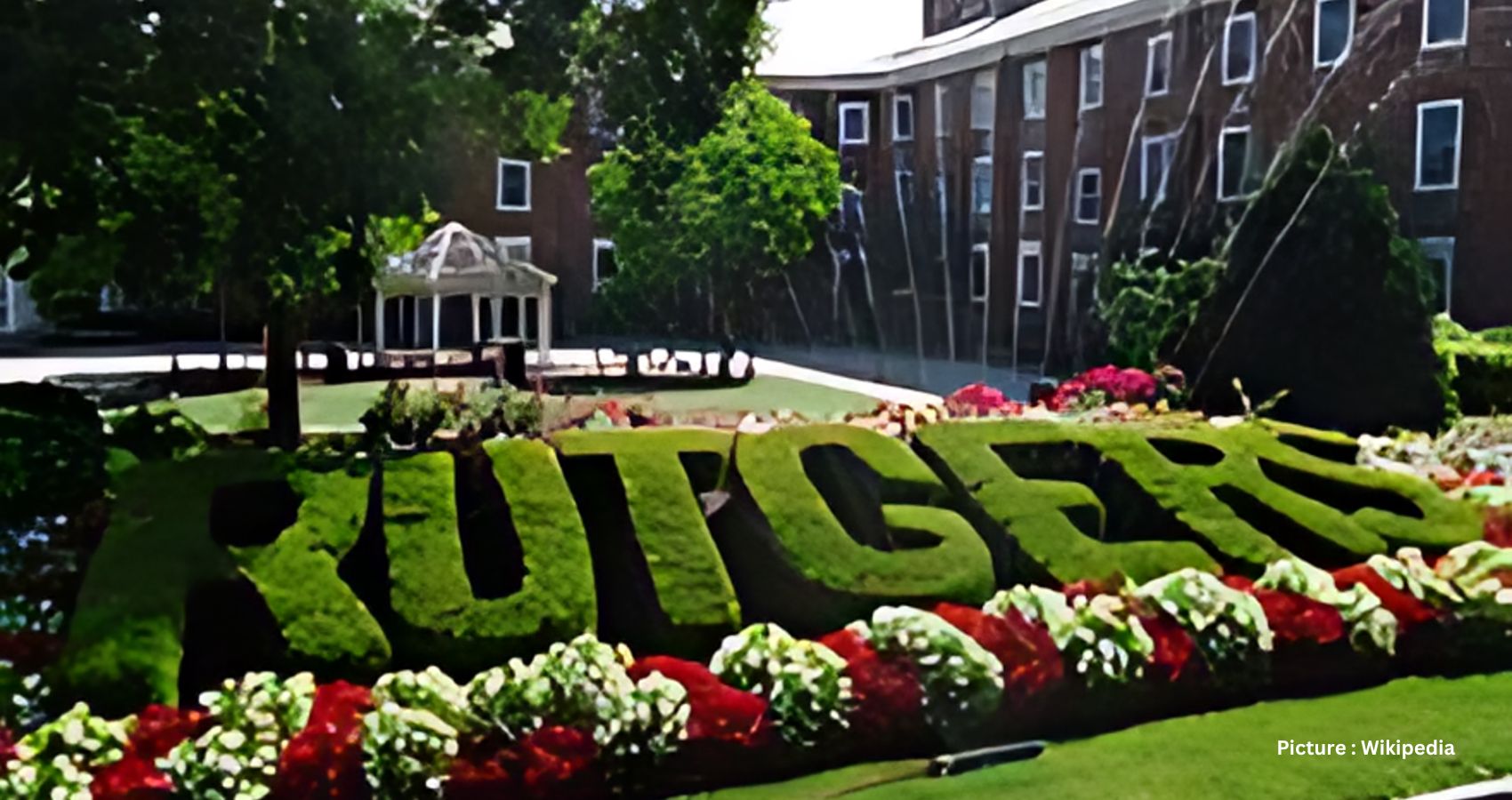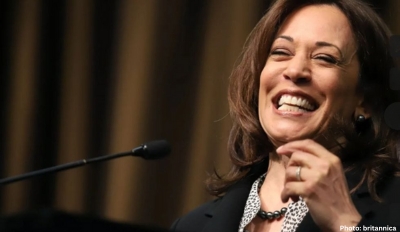Prominent Indian-American community organizations have appealed to Rutgers University Chancellor in New Jersey to refrain from allowing the exhibition of a separatist Kashmiri flag on its campus. They argue that such an act would convey a misleading message amid the ongoing turmoil at prominent US educational institutions over Israel’s conflict in Gaza.
Leading universities across the US are witnessing protests against Israeli military action in Gaza. The conflict was instigated by unprecedented attacks against Israel by Hamas militants on October 7, resulting in the deaths of over 1,400 people. In response, Israel has initiated a significant counter-offensive against the Islamic militant group governing Gaza since 2007.
On Friday, a group representing protesting students claimed that eight out of their ten demands had been met by the Rutgers University administration. However, the ninth demand, which proposed the display of flags of occupied peoples, including Palestine, Kurds, and Kashmiris, across Rutgers campuses, did not receive approval. The university administration stated that it would assess the flags exhibited on the New Brunswick Campus to ensure appropriate representation of enrolled students.
This refusal to meet the demand angered several Indian American groups, including the Hindu American Foundation (HAF) and the Coalition of Hindus of North America (CoHNA). They criticized Rutgers University for what they perceived as giving in to hate by approving the display of a Kashmiri separatist flag, which they associated with terror and the displacement of Kashmiri Hindus.
Some individuals, like Dharma Viveka, criticized Rutgers University for what they saw as capitulating to the demands of protesting students and failing to uphold equitable resource allocation. Additionally, the university’s decision sparked concern among Indian American communities, given the significant number of Indian students at Rutgers and the large Indian American population in New Jersey.
Thomas Abraham, Chairman of the Global Organization of People of Indian Origin (GOPIO), expressed surprise and dismay over Rutgers’ consideration of the demand to display flags of occupied peoples. He argued that such actions would call into question India’s integrity, asserting that Kashmir is an integral part of India and not a separate entity. Abraham cautioned against Rutgers’ involvement in internal conflicts of other countries, emphasizing its role as a public educational institution belonging to everyone.
The controversy surrounding Rutgers University’s handling of demands for flag displays reflects broader tensions over international conflicts within US educational institutions and the complexities of representing diverse student populations while navigating geopolitical sensitivities.











